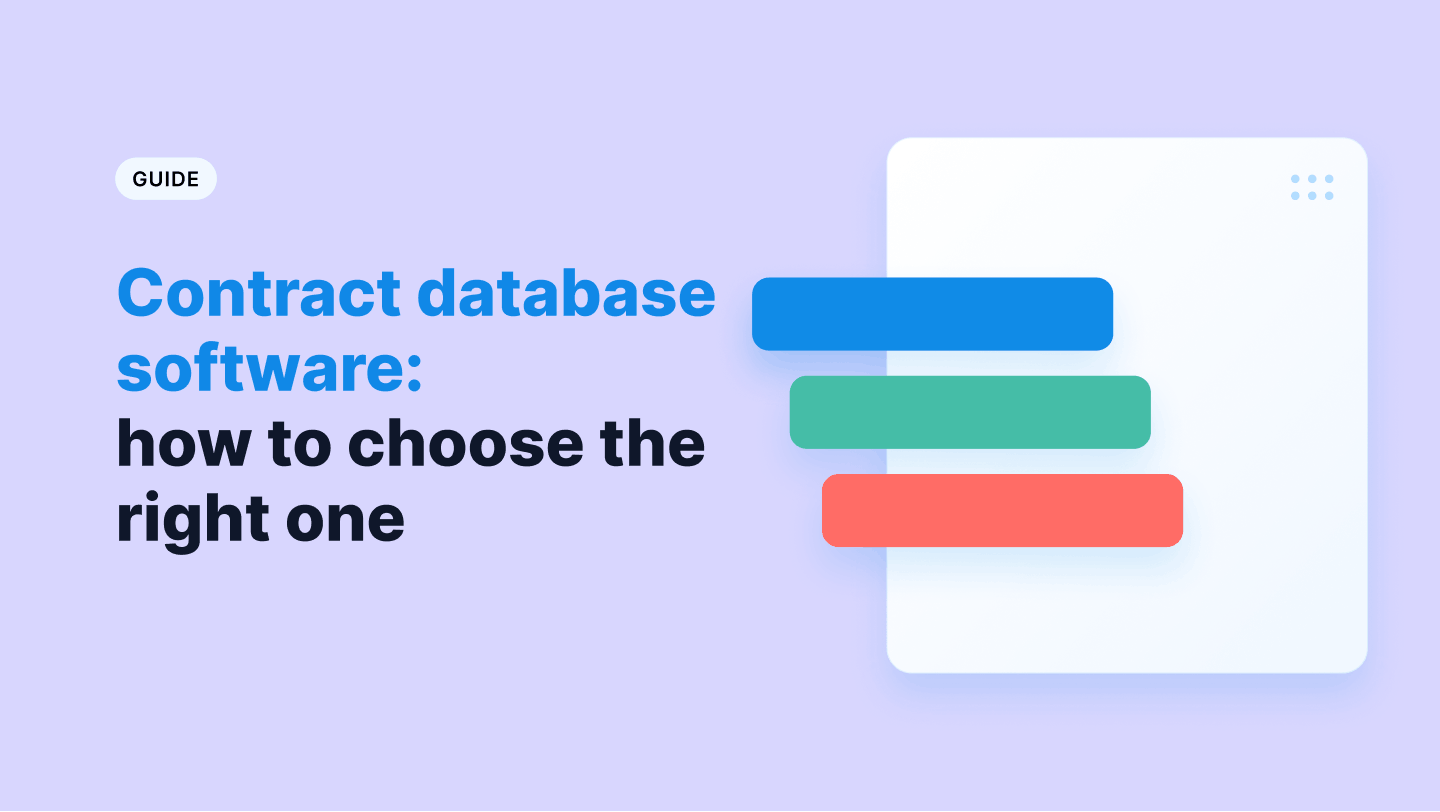A valid contract establishes the involved parties’ rights, obligations, and expectations. It promotes fairness and serves as a means to prevent disputes. The opposites are null and void contracts, considered invalid and lacking legal enforceability.
A null contract is one that was never valid from the beginning, while a void contract becomes invalid due to certain circumstances, such as illegal provisions or the incapacity of one party. Consequently, such contracts are not legally binding and cannot be enforced.
What makes a contract null and void?
Understanding null and void contracts is crucial to protect oneself from potential legal consequences. Recognizing the conditions under which a contract can be rendered null and void helps individuals and businesses avoid entering into unenforceable agreements, preventing financial loss, disputes, and legal entanglements.
1. Lack of legal capacity
For a contract to be legally binding, the parties signing the agreement should be of legal capacity. Meaning the individual should be capable of understanding what they are agreeing to. Lack of legal capacity makes a contract null and void.
There are several scenarios where a lack of legal capacity comes into play:
- Minors and contracts: Contracts entered into by minors (individuals below the age of majority, typically 18 years old) are generally considered voidable. This means that the minor can either enforce or disaffirm the contract upon adulthood. For example, if a 16-year-old enters into a contract to purchase a car, they can disaffirm the contract once they turn 18.
- Mentally incapacitated individuals: Contracts entered into by individuals with mental incapacity, such as those suffering from severe mental illness or cognitive impairment, may be deemed void. These individuals may lack the necessary understanding or judgment to enter into a legally binding agreement.
- Intoxicated individuals: Contracts entered into by individuals who are heavily intoxicated or under the influence of drugs may be considered void. The impaired judgment caused by intoxication can undermine the individual’s ability to comprehend and consent to the terms of the contract.
2. Illegal or prohibited contracts
An illegal or prohibited contract refers to an agreement whose terms and conditions involve activities that are illegal or against the law. Meaning the parties involved have to perform activities that are against the public good. Such a contract is immediately considered null and void.
For instance, if an agreement is signed where minors are employed to work in a mining field. The contract immediately becomes null and void because, as per The Fair Labor Standards Act (FLSA), deploying minors in mining and hazardous jobs is illegal.
3. Misrepresentation or fraud
When a party tries to manipulate or hide the facts to convince the other party to enter into a contract, such a situation is called misrepresentation or fraud. Misrepresentation can be intentional or unintentional. But fraud is completely intentional in deceiving someone.
Whatever the case, the contract is considered void, and the injured party can cancel the contract and seek compensation for the loss. For instance, a person sells his second copy Rolex watch to his friend, stating that the watch was original.
4. Duress or undue influence
A contract is null and void when an individual is forced to enter into a contract using threat or manipulation. Duress is when the party is threatened physically or mentally to enter into a contract. Whereas undue influence occurs when someone manipulates or pressurizes the other party to enter into a contract, even if they don’t want to.
For instance, Bob is in urgent need of a loan for his mother’s treatment, here Mike influences Bob to borrow money from him immediately at a very high interest rate. Under such undue influence, Bob agrees.
Similarly, a son threatens his sick dad by stopping his medication and food from transferring his dad’s will to his name. Feeling scared, the dad agrees to transfer the will
Consequences of null and void contracts
When a contract is deemed null and void, it carries significant consequences for the parties involved. Understanding the consequences of null and void contracts serves as a preventive measure and helps navigate the aftermath of an unenforceable agreement.
1. Unenforceability
Null and void contracts become immediately invalid, making the terms and conditions unenforceable. This means neither party can compel the other to fulfill the obligations outlined in the contract. Courts will not uphold the terms of the contract or provide remedies for its breach.
In a scenario, A and B signed a Non-Disclosure Agreement (NDA) to protect confidential information. However, A unintentionally included vague terms in the agreement without realizing it.
This unintentional misrepresentation makes the contract invalid. Consequently, if B discloses the confidential information, A may encounter difficulties pursuing legal actions or claiming damages because the agreement cannot be enforced.
2. Restitution
When a contract is declared null and void, the involved parties must restore themselves to their pre-contractual state, known as restitution. This means if the individuals incurred any benefits, they must also return that to return to the original position.
However, you should remember that restitution may not guarantee complete restoration for losses or damages. Because the motive of restitution is to undo the contract and restore the parties to their original position.
Let’s say Party A pays Party B $10,000 to purchase a piece of land. However, it is later discovered that the land is protected and cannot be legally sold. The contract is deemed null and void.
In this case, Party B would be required to return the $10,000 to Party A as restitution. Restitution aims to undo the transaction and restore the parties to their pre-contractual positions. Party B avoids unjustly benefiting from the illegal contract by returning the payment, while Party A recovers the funds they had paid.
3. Legal Remedies
Despite the unenforceability of a null and void contract, legal remedies may still be available to the affected parties. For example, if one party suffered damages or losses due to the contract, they may be able to pursue a separate legal action, such as a claim for misrepresentation or fraud. This allows the injured party to seek compensation for any harm they have suffered due to the invalid contract.
How to avoid null and void contracts
To prevent the risks and consequences associated with null and void contracts, it is essential to take proactive measures and exercise caution during the contract formation process. Here are some key steps to avoid entering into such contracts:
1. Ensure the legal capacity of all parties
Before entering into a contract, confirm the legal capacity of all parties involved. Verify the age, mental competency, and legal authority of the individuals or entities participating in the contract.
2. Conduct due diligence and research
Before you sign any contract, make sure to conduct due diligence on the parties involved, their background and reputation, relevant documents, and companies. Thoroughly research the subject matter of the contract, the applicable laws and regulations, and any potential restrictions or prohibitions. This includes investigating the legality and feasibility of the agreed-upon terms and conditions.
3. Seek professional legal advice
Engage the services of a qualified legal professional who specializes in contract law. They can help you review the terms and conditions, identify any mistakes, doubtful language, loopholes, or ambiguous clauses, and suggest corrections. Which protects your rights and interest.
4. Draft contracts carefully and accurately
You must draft contracts carefully considering the terms and conditions to avoid null and void agreements. By ensuring accuracy and clarity, you can prevent misunderstandings and disputes. So, ensure you include essential clauses that protect all parties' interests, including dispute resolution provisions.
5. Review and revise contracts
Regularly review and update contracts to ensure they remain valid and enforceable. As laws and circumstances change over time, it is crucial to adapt contracts accordingly to maintain their legal validity.
Conclusion
Understanding the null and void contracts helps you keep away from any contract that is going to fail. You can prevent yourself from any uncertain disputes or critical loss in the future if you’re aware of the components of a valid contract.
However, it is also true that the criteria and components of a valid contract vary according to jurisdiction and the specific circumstances of the case, which can be very complex. Therefore, legal help from a professional can be very helpful before finalizing the agreement if you want to make informed decisions.
Signeasy is a trusted platform that offers compliant signatures and a secure environment for contract signing. By encrypting documents, implementing multi-factor authentication, and maintaining stringent data protection protocols, Signeasy prioritizes the security and confidentiality of user information. Signeasy offers a seamless and efficient solution for signing contracts electronically, whether for personal or business use.
To experience the benefits of compliant signatures and a secure platform, start a free trial with Signeasy today.













